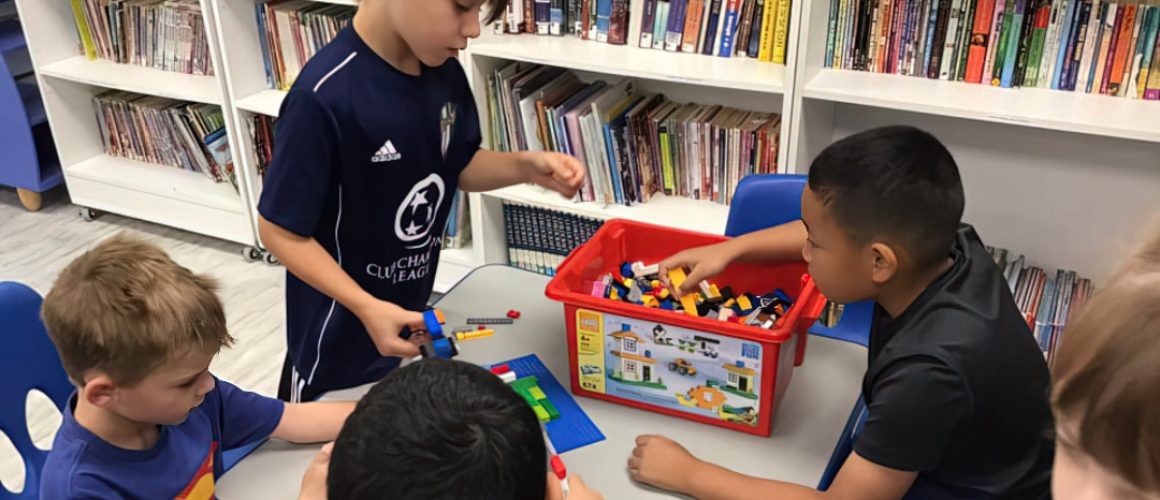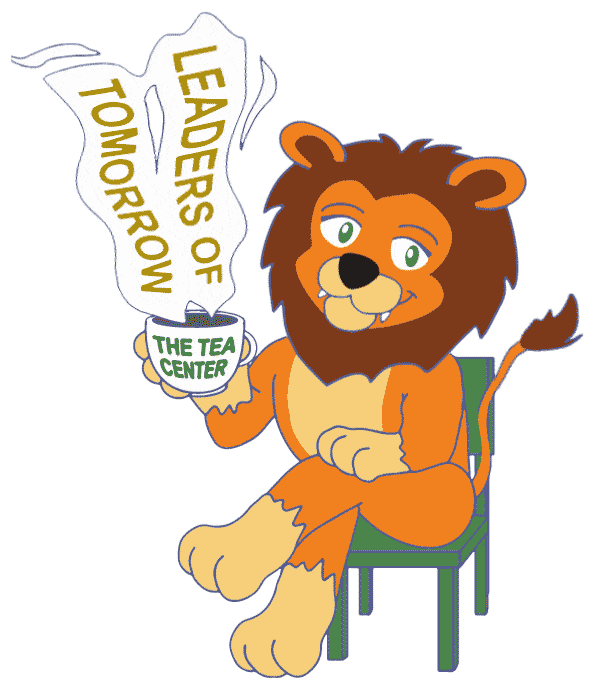Play isn’t just about fun and games; it’s the cornerstone of your child’s social and emotional growth. From the first babbling conversations with imaginary friends to the bustling laughter in a group activity, every play moment shapes your little one’s understanding of the world and their place within it. Understanding the vital role play holds in nurturing social skills is key to fostering confident, empathetic, and socially adept children.
In this blog, we’ll delve into the profound impact of play on social development, exploring not just the surface joy of games but the deeper connections and life skills they form. From cooperative games that foster meaningful interactions to strategies that navigate conflicts, we’ll uncover how play lays the groundwork for sharing, teamwork, and empathy. Moreover, we’ll unveil the power of structured playgroups and early learning programs, offering insights to support introverted children in their journey toward social confidence.
Play serves as the playground for social development, where children learn to navigate the intricate web of human interactions. From infancy, the simplest games of peek-a-boo lay the groundwork for understanding social cues and interactions. As they grow, play becomes the rehearsal stage for life, where they mimic adult behaviors, experiment with roles, and explore the dynamics of relationships. It’s through play that children learn to communicate, negotiate, and collaborate, essential skills that form the basis of their social world. Understanding the profound impact of play on social development allows parents to harness these natural instincts and channel them into meaningful growth opportunities for their children.
Moreover, when engaged in play, children learn to regulate their emotions, cope with disappointments, and express empathy, essential components for healthy social interactions. By recognizing the role of play as an emotional outlet, parents can actively encourage and support their children’s emotional development through play-based activities and interactions, no matter how young their little ones may be.
Furthermore, play fosters a sense of belonging and community. Whether it’s through imaginative role-playing scenarios or cooperative games, children learn the value of inclusion, respect for others’ perspectives, and the importance of teamwork. These experiences lay the foundation for building relationships and developing a sense of empathy and understanding towards others, creating a generation of socially aware and compassionate individuals.
The Crucial Role of Play in Social Development:
Play is a fundamental aspect of social development for young children. Through activities like peek-a-boo, nursery rhymes, and interactive games, infants and toddlers begin to grasp the concept of social engagement. As they progress into preschool years, imaginative play becomes a vital tool for developing essential social skills. Playdates and group activities allow young children to explore cooperation, sharing, and turn-taking, laying the groundwork for more complex social interactions later on. By engaging in play, youngsters build a solid social foundation that promotes communication and fosters a sense of connection with others.
Exploring Cooperative Games for Enhancing Social Interaction:
Cooperative games tailored for the younger age group provide invaluable opportunities for enhancing social interaction. Simple activities like building blocks together, playing with soft toys, or participating in music and movement activities promote collaboration and teamwork. These cooperative experiences not only encourage positive social behavior but also introduce the concept of sharing and mutual enjoyment. Structured group games, such as interactive storytime or gentle physical activities, further contribute to the development of social skills by encouraging young children to engage with peers in a supportive and cooperative manner.
Social Interaction and Skill Development:
Structured playgroups and early learning programs offer a dynamic environment for children to engage in purposeful play, promoting social interaction and skill development. These carefully designed settings bring children together in organized activities, fostering communication, cooperation, and the development of essential social skills. During group play sessions, children learn the art of sharing toys, taking turns, and collaborating on various projects. The structured nature of the activities ensures that each child has opportunities to interact with others and this will contribute to the formation of early friendships. These interactions not only enhance a child’s ability to navigate social scenarios but also lay the groundwork for successful socialization as they progress through their early years.
Navigating Conflicts and Teaching Empathy Through Play:
Conflict resolution and empathy are vital skills that can be gently introduced through play for young children. During playdates or in a childcare setting, young children might encounter situations where they need to navigate conflicts, such as sharing a favorite toy. Guiding them through these moments with gentle redirection and encouraging language helps them express feelings and understand the perspectives of others. Additionally, imaginative play, like pretending to be different animals or characters, fosters empathy by allowing children to explore emotions from various viewpoints. Through these early play experiences, children not only develop their social skills but also build a foundation of empathy that will serve them well as they continue to grow and interact with others.
Establishing Routine and Predictability:
One significant advantage of structured playgroups and early learning programs lies in the establishment of routine and predictability. Young children thrive on consistency, and group playtime provides a structured schedule that creates a sense of security. Knowing what to expect during each session helps children feel more comfortable and at ease, leading to more confident participation in activities. The routines of group settings often include a variety of play-based learning experiences, ensuring a well-rounded approach to early childhood development. This predictability not only aids in smoother transitions between activities but also allows children to focus more on the joy of play and interaction rather than uncertainty. The establishment of routines within structured programs contributes to a positive and supportive atmosphere, enhancing the overall learning and socialization experience for little ones.
Tips for Helping Introverted Children Build Social Confidence Through Play
Introverted children often thrive in environments where they feel safe and secure. When planning play activities, choose settings that are familiar and comfortable for the child. This could be their own playroom, a quiet corner in the backyard, or a cozy indoor space. Providing a comfortable environment sets the stage for the child to feel at ease and more willing to engage in social play. For introverted children, socializing can be a gradual process. Start with one-on-one playdates or small group settings with trusted friends or family. This allows the child to build social skills in a less overwhelming environment. As the child becomes more comfortable, gradually introduce larger playgroups or social gatherings. This step-by-step approach helps introverted children adapt at their own pace, fostering a sense of confidence in social situations.
We’re Here to Help
At The T.E.A. Center, our Holistic curriculum is designed to ignite a love for learning through interactive play experiences. From imaginative play to cooperative games, every activity is carefully crafted to enhance social skills. Your child will engage in age-appropriate play that encourages sharing, cooperation, and communication with their peers. If you haven’t already come in for a tour, we’d love to have you visit. We love to make new friends!


